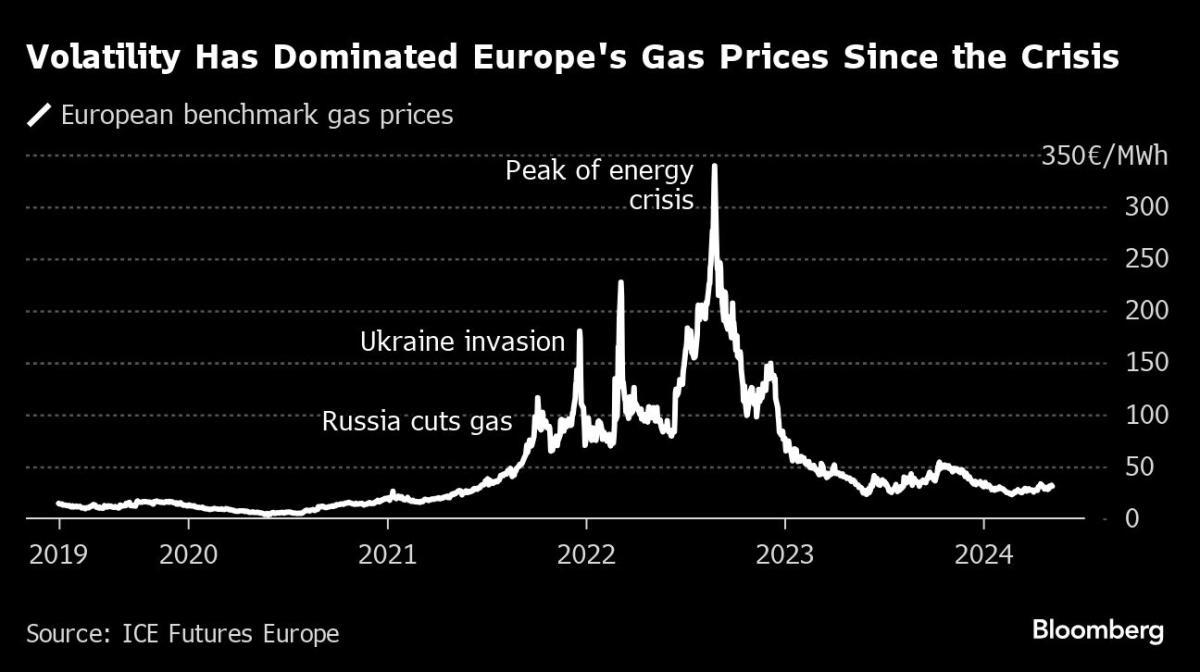In late April, top gas traders gathered in Amsterdam for their usual business discussions, only to be interrupted by news of a leak at Europe’s largest liquefied natural gas plant in Norway. The leak, quickly repaired, caused a momentary spike in gas prices and served as a reminder of the significant role played by Equinor ASA, Norway’s oil and gas giant.
Since Russia’s invasion of Ukraine, which led to soaring energy prices, Equinor has emerged as a key player in Europe’s gas supply, surpassing Russia’s Gazprom to become the top supplier. As Europe continues to rely on fossil fuels, Norwegian hydrocarbons are crucial for meeting the region’s energy needs.
Equinor’s rise to prominence has raised concerns about Europe’s dependence on a single supplier and the potential risks it poses. While Norway is considered a reliable partner, extended outages and maintenance challenges have impacted energy prices across the continent.
Europe’s changing relationship with fossil fuels, driven by events like the war in Ukraine and the Covid-19 pandemic, has shifted focus back to energy security. Norway’s gas prices, higher than Russia’s, have positioned the country as a key player in securing Europe’s energy resources.
European leaders, including German Economy Minister Robert Habeck and EU energy czar Kadri Simson, have visited Norway to discuss energy security. Norway’s role as a gas supplier has been profitable, with gas exports reaching a record high in 2022, but it has raised questions about the country’s commitment to green initiatives.
While Norway has made strides in areas like electric vehicles, the surge in gas demand has redirected resources back to the oil and gas sector, raising concerns about the impact on the green transition. Traders have also faced challenges as Equinor’s maintenance outages have led to price spikes and increased market volatility.
Despite Norway’s efforts to increase gas production capacity and streamline maintenance, the country may face challenges as new LNG projects come online from the US and Qatar. The influx of LNG could reduce Europe’s reliance on Norwegian gas and potentially lead to lower prices for consumers.
Overall, Norway remains committed to being a stable and long-term energy supplier for Europe, but the landscape is evolving with new players entering the market. The focus for Equinor is on maintaining smooth operations and meeting Europe’s energy needs in a changing environment.

